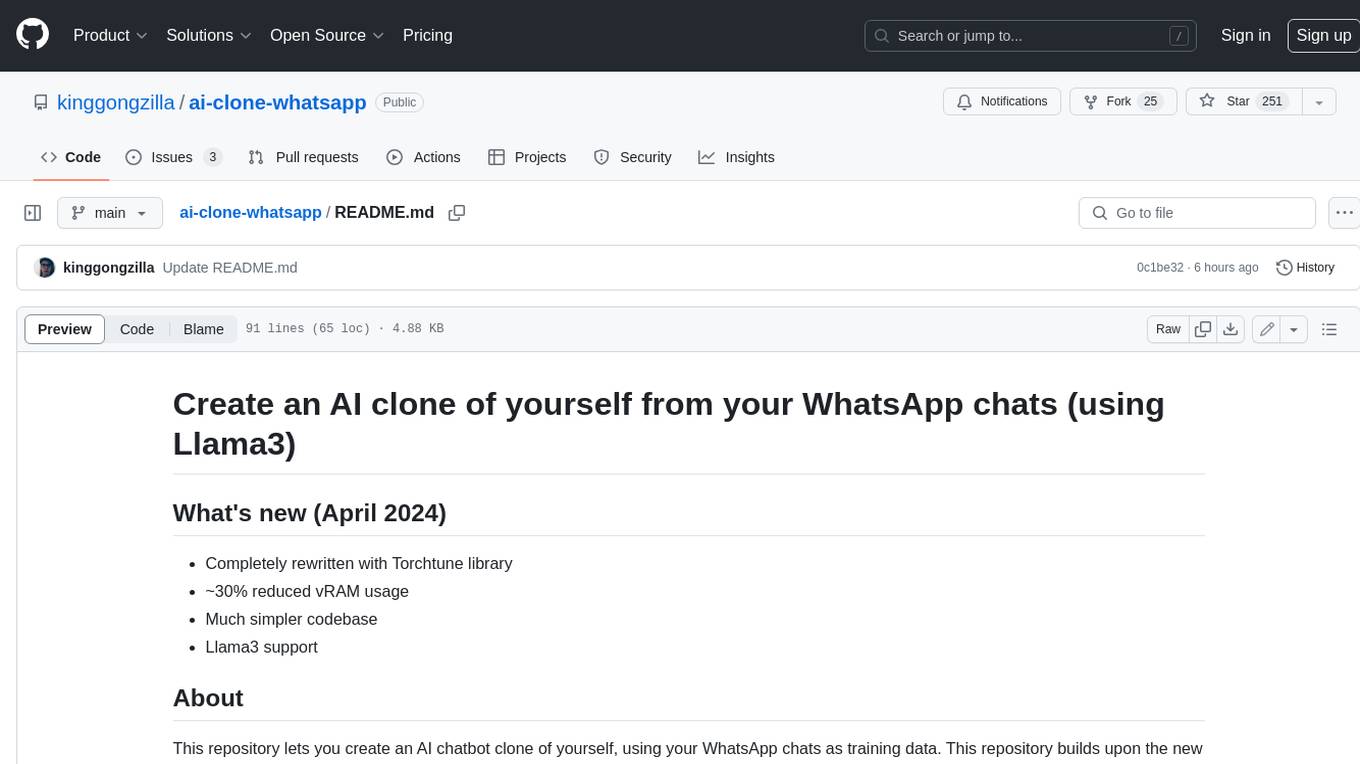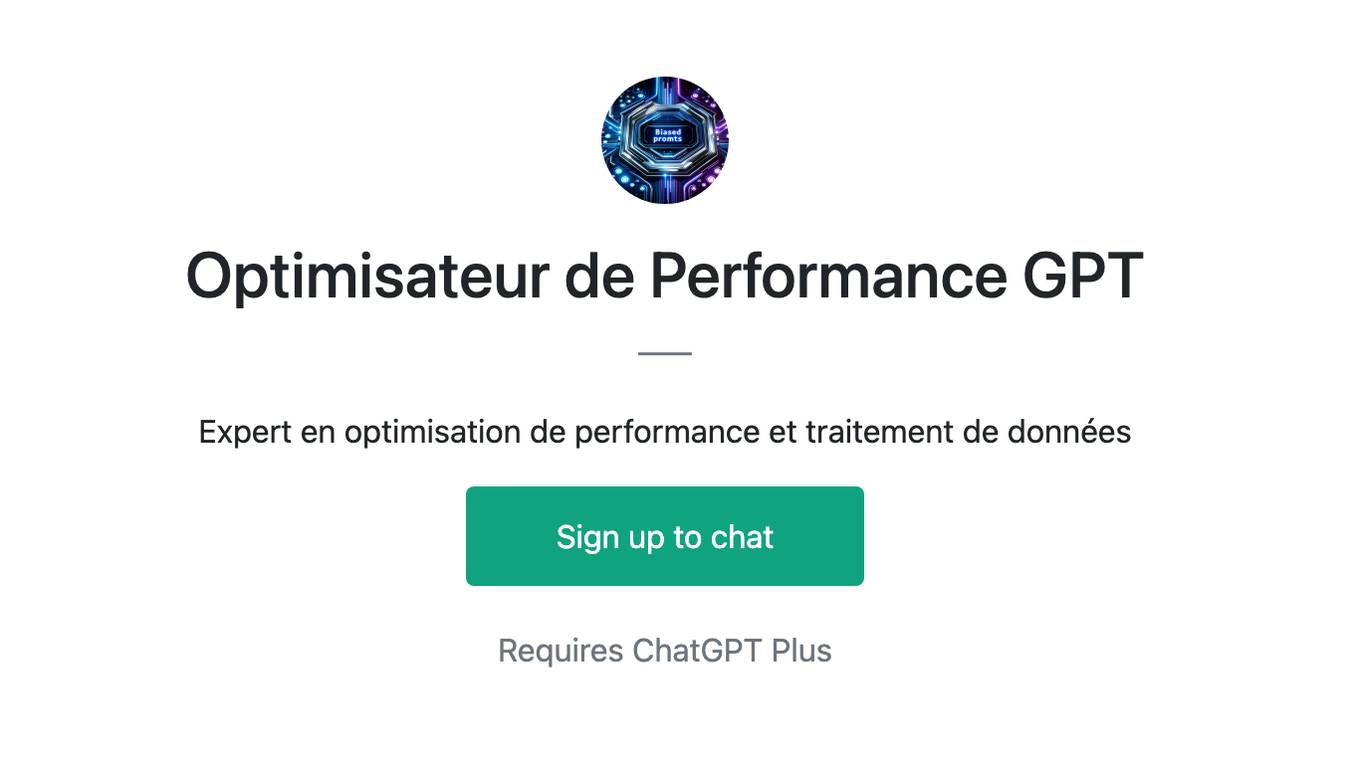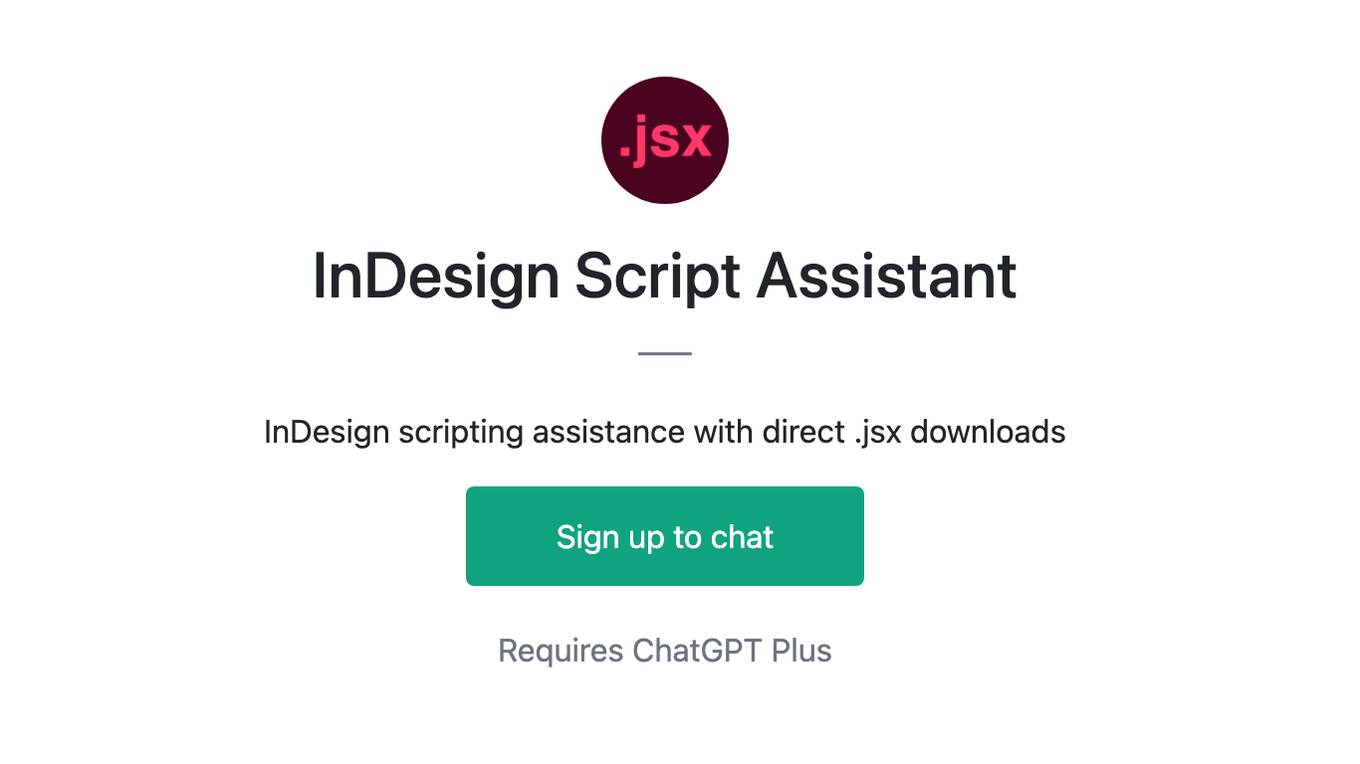Best AI tools for< Preprocess Whatsapp Chats >
1 - AI tool Sites

HappyML
HappyML is an AI tool designed to assist users in machine learning tasks. It provides a user-friendly interface for running machine learning algorithms without the need for complex coding. With HappyML, users can easily build, train, and deploy machine learning models for various applications. The tool offers a range of features such as data preprocessing, model evaluation, hyperparameter tuning, and model deployment. HappyML simplifies the machine learning process, making it accessible to users with varying levels of expertise.
1 - Open Source AI Tools

ai-clone-whatsapp
This repository provides a tool to create an AI chatbot clone of yourself using your WhatsApp chats as training data. It utilizes the Torchtune library for finetuning and inference. The code includes preprocessing of WhatsApp chats, finetuning models, and chatting with the AI clone via a command-line interface. Supported models are Llama3-8B-Instruct and Mistral-7B-Instruct-v0.2. Hardware requirements include approximately 16 GB vRAM for QLoRa Llama3 finetuning with a 4k context length. The repository addresses common issues like adjusting parameters for training and preprocessing non-English chats.
2 - OpenAI Gpts

Optimisateur de Performance GPT
Expert en optimisation de performance et traitement de données
